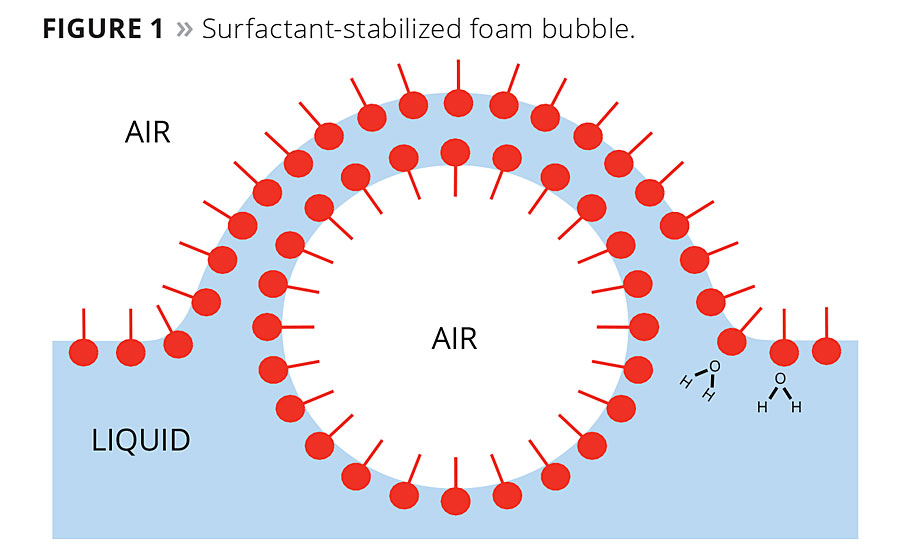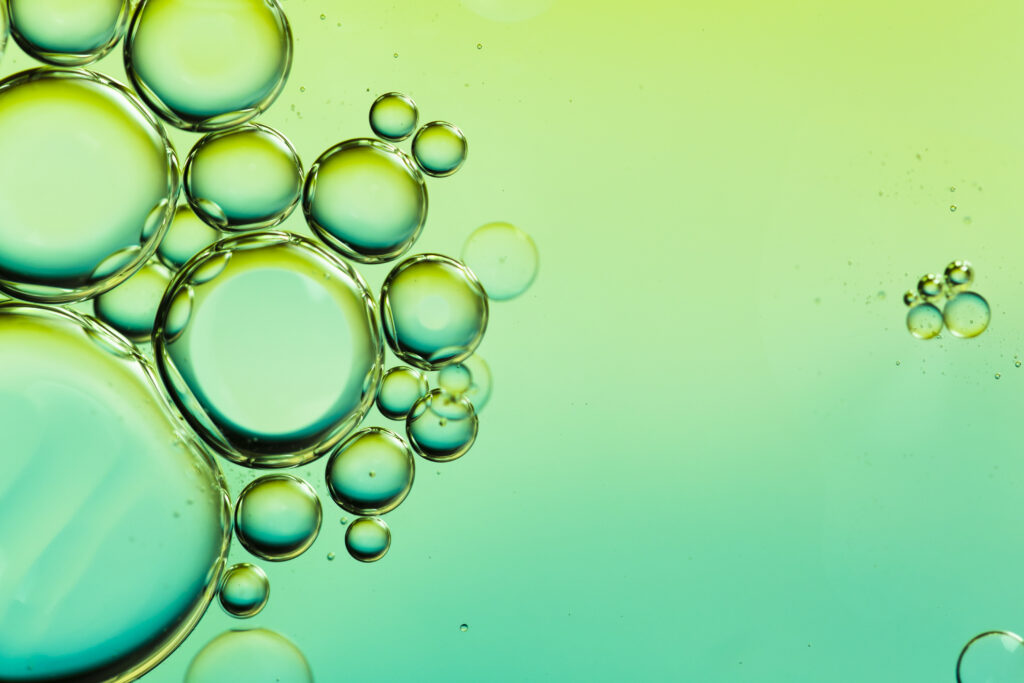The Function of Defoamers in Enhancing Item Quality and Efficiency
In different manufacturing processes, the existence of foam can dramatically prevent item high quality and operational efficiency. Defoamers work as necessary additives that minimize this problem, making sure smoother production operations while boosting the functional and aesthetic qualities of the final products (defoamers). Their application covers a multitude of sectors, from food and drink to pharmaceuticals, where consistency and reliability are paramount. The choice of the proper defoamer can be crucial to accomplishing ideal results, increasing vital questions regarding formulation compatibility and performance metrics that merit additional exploration.
Understanding Defoamers
Comprehending the function of defoamers is crucial for maintaining item top quality throughout numerous markets. Defoamers are chemical ingredients made to lower and protect against the development of foam in liquid systems, which can adversely affect processes such as mixing, filling, and surface stress. Frothing can lead to ineffectiveness, item issues, and jeopardized visual charm, making defoamers a vital element in making procedures.
In commercial applications, defoamers assist to boost product uniformity and security. The effective usage of defoamers not only makes certain smoother production procedures but additionally contributes to premium product performance.
Moreover, the option and formulation of a defoamer need to align with particular application requirements, such as compatibility with other active ingredients, efficiency under differing temperature level and pH conditions, and possible regulatory restrictions. Ultimately, recognizing defoamers' functions and their importance in different solutions is critical for enhancing production and making sure the finest end items.
Sorts Of Defoamers
Defoamers can be categorized right into numerous kinds based on their make-up and mechanism of action. The main kinds include silicone-based, non-silicone natural, and not natural defoamers.
Silicone-based defoamers are amongst the most effective, largely due to their capability to spread out promptly on the liquid surface area and interrupt foam formation. Their special chemical framework permits exceptional stability, making them ideal for high-temperature applications and environments with varying pH levels.
Non-silicone organic defoamers, often composed of natural oils or fatty acids, are valued for their biodegradability and lower poisoning. These are generally utilized in food and beverage applications where safety and environmental effect are paramount.
Not natural defoamers, which consist of materials like talc or calcium carbonate, act by increasing the density of the fluid, therefore lowering foam stability. They are frequently used in industrial processes where compatibility with various other products is not an issue.
Each kind of defoamer has unique benefits and limitations, enabling customized services depending upon the certain lathering concerns experienced in different applications. Comprehending these distinctions is crucial for optimizing performance and achieving desired product quality.
Applications Throughout Industries
Countless industries take advantage of defoamers to boost product high quality and operational effectiveness. In the food and drink sector, defoamers are essential in processes such as developing and milk manufacturing to stop foam development, which can cause inefficiencies and item inconsistency. By controlling foam, makers can guarantee better return and a more uniform item.
In the pharmaceutical industry, defoamers play a crucial duty in the solution of liquid medications, where extreme foam can restrain blending and exact dosing. Their usage helps keep the stability of the solutions and assists in smoother production processes.
The paint and coatings industry also counts on defoamers to improve the performance of items during application. By decreasing foam, these additives make sure a smoother coating and boost the aesthetic top qualities of the end product.

Advantages of Utilizing Defoamers
While the application of defoamers varies across sectors, their advantages continually improve item high quality and process effectiveness. One significant advantage is the reduction of foam formation throughout making processes, which can or else cause production delays and inconsistencies in item top quality. By decreasing foam, defoamers make it possible for a smoother circulation of materials, helping with a lot more reliable operations and reducing the chance of helpful resources tools breakdowns.
Furthermore, the use of defoamers can improve the look and structure of final items. In sectors such as coatings, paints, and food handling, extreme foam can compromise the visual aesthetic appeals and overall top quality, while the suitable defoamer application ensures a consistent finish and preferable qualities. Defoamers can contribute to set you back savings by lowering waste during manufacturing and enhancing the use of raw products.

Picking the Right Defoamer
Picking the appropriate defoamer is critical for maximizing my latest blog post manufacturing procedures and guaranteeing item top quality. The option of defoamer influences not only the efficiency of foam control but also the overall efficiency features of the last item. Variables to take into consideration consist of the type of application, the chemistry of the formulation, and the environmental conditions under which the item will certainly be utilized.
Different sectors may need certain defoamer types, such as silicone-based, natural, or polymeric defoamers. Recognizing the compatibility of the defoamer with the main ingredients is important to avoid damaging reactions that could endanger item stability. Additionally, the defoamer's performance in different temperatures and pH levels should be evaluated to ensure regular performance.
Evaluating the defoamer in small applications can offer beneficial insights right into its efficiency and suitability. Factor to consider of regulatory compliance, specifically in food, pharmaceuticals, and cosmetics, is vital in choosing a defoamer. Ultimately, a complete assessment of these elements will certainly lead to the option of a defoamer that not only regulates foam effectively however additionally boosts the high quality and efficiency of the final product.
Conclusion

To conclude, defoamers are essential additives that substantially boost item top quality and efficiency across different sectors. By properly reducing foam formation, these agents not just improve functional performance but likewise contribute to the practical and visual stability of news items. The tactical option and application of defoamers bring about set you back financial savings, maximized resource usage, and raised customer contentment. Overall, the importance of defoamers in industrial processes can not be overstated, as they play a vital duty in attaining high-grade and regular results.
Lathering can lead to ineffectiveness, product flaws, and compromised aesthetic allure, making defoamers a critical element in producing procedures.